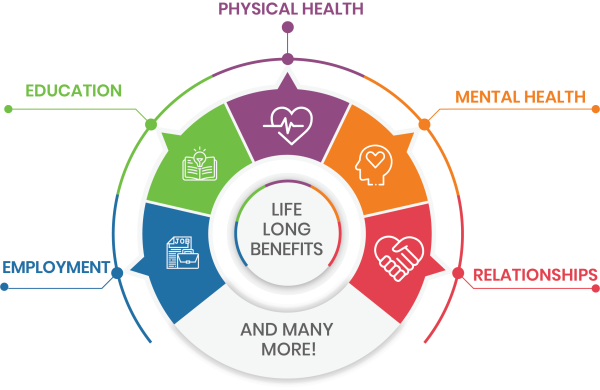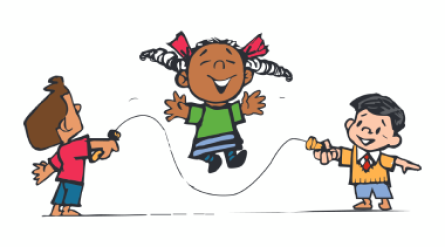
The ENGAGE Approach develops children’s self-regulation skills through intentional play – with skills and games grouped into three domains: emotional (feeling), cognitive (thinking), and behavioural (doing). ENGAGE games are played for about 30 minutes a day, with an intentional focus on supporting children to develop vital self-regulation skills that they need to thrive at school and later lead healthy and fulfilling lives as adults.
We are currently delivering the ENGAGE programme to tamariki and kaiako across Aotearoa in early learning services. In April 2023, the Government announced that the Ministry of Education would fund an expanded roll-out of ENGAGE, enabling us to deliver the programme to 1,830 early learning services over the next four years.
ENGAGE was initially developed by Associate Professor Dione Healey (University of Otago), and our current work with ENGAGE in Early Childhood Education services (ECEs) and schools is an ongoing partnership between Methodist Mission Southern (MMS) and Dione Healey.
ENGAGE is evidence based. In research trials with a diverse range of tamariki, the programme has demonstrated statistically significant improvements in children’s self-regulation skills, including reductions in hyperactivity, aggression and peer problems, and improvements in attention, effortful control and emotional regulation – with gains maintained for extended periods post-intervention.
ENGAGE is a highly-scalable, culturally responsive, low-cost approach to supporting self-regulation that has been designed specifically for New Zealand ECE and primary school settings. ENGAGE is delivered by a team of trained facilitators with considerable experience as front line ECE and primary school teachers, and specialist learning providers.
Delivering ENGAGE in Early learning services and primary school includes:
- Interactive training workshops for teachers/kaiako
- Access to ENGAGE games and resources
- Ongoing support from facilitators to make ENGAGE as beneficial and effective as possible in each setting
- Ongoing professional development and networking opportunities with others also delivering ENGAGE across the country
What is Self-Regulation?
Self-regulation is a skill, and skills can be improved with practice. People with strong self-regulation skills make better decisions more often and are able to function more effectively in a wider range of situations, leading to more positive outcomes across their lifespan. All tamariki will benefit from support to develop their self-regulation skills, but research has shown that the tamariki who benefit the most are those from environments with higher levels of stress or neglect – as their cognitive systems are often ‘running hot’, which inhibits their self-regulation development.
Self-regulation helps us manage our emotions, thoughts and behaviours - the three self-regulation domains that ENGAGE focusses on are feeling (emotional), thinking (cognitive), and doing (behavioural skills). Self-regulation skills help children and adults perform important tasks every day, including remembering instructions, ignoring distractions, juggling multiple tasks at once, sticking at difficult or frustrating tasks, resisting the temptation to do something that might not be good for us, waiting for rewards, taking turns, working well with others, recognising and managing our feelings, dealing with difficult emotions (anger, fear, anxiety, frustration etc.) and more.
Developing self-regulation skills in the early years of life is now widely understood to be one of the most important interventions for societal wellbeing – with major impacts on a wide range of childhood, youth and adult life outcomes including physical health, mental health, education, employment, criminality, substance use and future parenting outcomes.
If you would like to get in contact, please feel free to email us: enquiries@engageplay.co.nz

